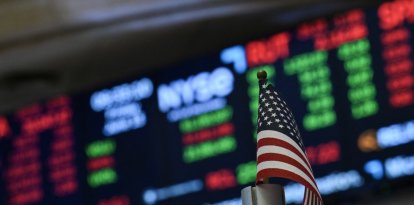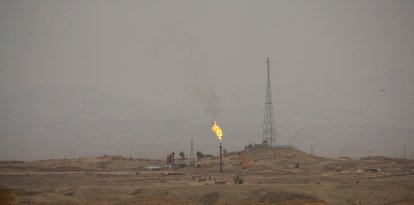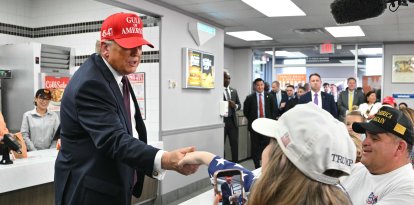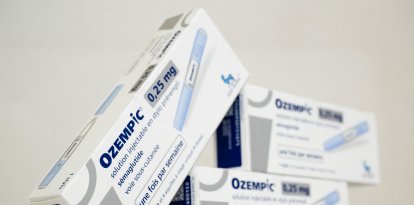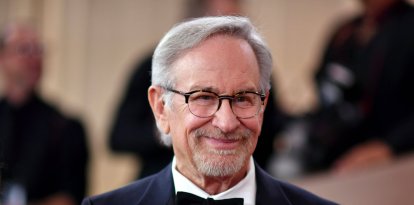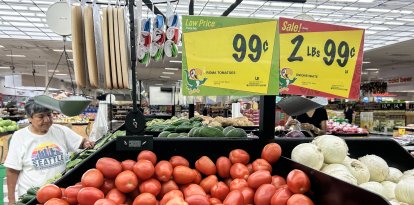Pharmaceutical company Bristol Myers pledges $40 billion investment over five years
The money will be spread across research and development, technology and domestic manufacturing, CEO Christopher Boerner wrote.
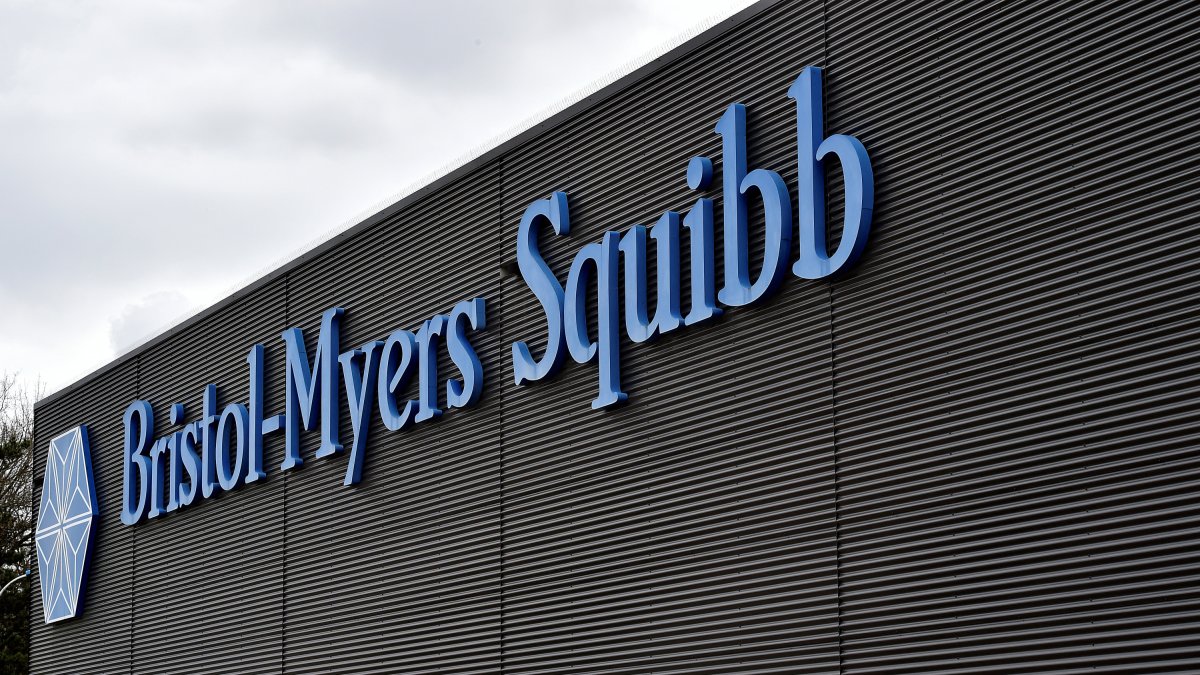
Bristol Myers Squibb pharmaceutical plant of French group UPSA.
U.S.-based Bristol Myers Squibb Co. said Tuesday it will spend $40 billion in the country over the next five years, joining a string of companies in the pharmaceutical industry vowing to bolster their domestic investments in the wake of threats by President Donald Trump to impose high tariffs on the sector.
As explained by the company's CEO, Christopher Boerner, to Stat, the money will be distributed among research and development, technology and domestic manufacturing. The executive did not specify whether the company planned to build new manufacturing plants in the U.S., nor how this investment compares with its usual spending.
Pharmaceutical companies seek to escape tariffs
Bristol is the latest multinational drug manufacturer to announce plans to invest in the country this year, as the industry faces the possibility of tariffs on prescription drugs.
Others announcing similar plans include Eli Lilly & Co., which announced in February the investment of at least $27 billion into four U.S. plants over the next five years; Merck & Co. with more than $9 billion invested domestically by 2028, and Johnson & Johnson which pledged to put up more than $55 billion over the next four years.
Similarly, Novartis AG said in April that it would invest $23 billion in the U.S. over the next five years.
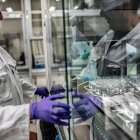

Politics
Trump announces he will impose "significant" tariffs on pharmaceutical imports
Luis Francisco Orozco
Although in his statement Boerner praised the Trump administration's efforts to boost domestic production, he warned that "tariffs on pharmaceuticals could lead to shortages or higher costs for patients."
Bristol Myers Squibb Co. is among the most powerful drug manufacturers in the U.S.
In 2002, the company was involved in a lawsuit for illegally maintaining a monopoly on Taxol, its cancer treatment, and was sued again five years later for antitrust violations, costing the company $125 million in settlement.
The pharmaceutical industry has been among the latest to feel the pressure from the tariffs gradually announced by the president which have rocked the global economy.













